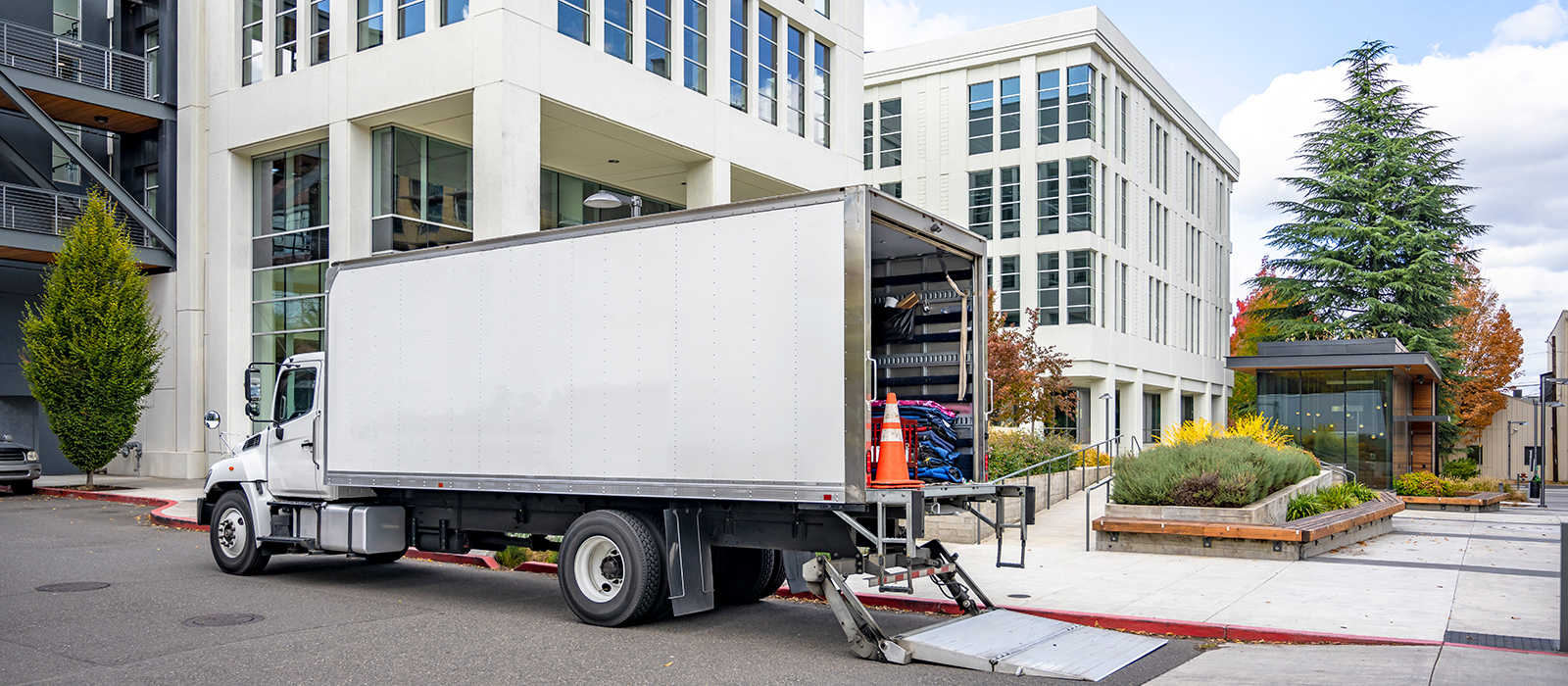Managing Asbestos Contaminated Soil During Construction in Massachusetts: Tips for Hiring the Right Consultant

Recent Massachusetts Department of Environmental Protection (MassDEP) regulatory changes have significant impacts on construction sites where asbestos contaminated soil is present. Many sites, particularly those with a history of industrial, commercial or dumping activities, have soil that contains asbestos, often at “trace” (less than 1 percent) amounts. If asbestos in soil has been identified at your work site, hiring the right consultant to guide you through the regulatory process is essential.
With the passing of new regulations in 2014, the Massachusetts Department of Environmental Protection broadened their definition of asbestos abatement to include any activity that disturbs asbestos at any concentration, including “trace” amounts. The regulation defines materials with trace amounts of asbestos as “asbestos containing waste materials” (ACWMs). Previously, asbestos abatement requirements only applied to materials that contain 1 percent or more asbestos, which are called asbestos-containing materials (ACMs). While not all procedures that apply to ACMs, apply to ACWMs, the broadened definition of asbestos abatement now covers many more activities, including contaminated soil.
Additionally, the new MassDEP regulations require that any project that cannot follow specific abatement procedures to the letter — either for cost or logistics reasons — must submit an application for a Non-traditional Asbestos Abatement Work Practice approval. The non-traditional (NT) work plan must be prepared by a licensed Asbestos Designer and must be reviewed and approved by the MassDEP.
The regulation specifies certain situations in which an NT plan is required. One of the situations when an NT work plan is required is “bulk loading” of ACM and/or ACWM. Asbestos contaminated soil may need to be disturbed and/or bulk loaded during many activities, such as excavation, stockpiling or disposal. All these activities require an NT plan. Other situations not specified in the regulations can also warrant this work plan. For instance, consider the demolition of a large building that has an exterior ACM waterproofing or cladding. Abatement in accordance with traditional methods is typically neither financially or logistically feasible and an NT plan may be warranted in this situation.
Naturally, this process is complicated and intimidating, particularly if you don’t have any experience dealing with asbestos abatement. The NT plan for each project is different and must be negotiated and approved by the MassDEP. Plus, there is no required time period for the MassDEP to review NT plans. These potential complications could hold up your project. In such cases, the best course of action is for project leaders to hire a qualified consultant, with a licensed Asbestos Designer, to assess the situation and develop an NT work plan to be approved by the MassDEP.
That’s why having the right consultant on your side can make all the difference. But what are the qualities you should look for in a vendor who can put the best plan forward for timely approval and keep your project on track?
Here are four tips for how to hire the right consultant to develop your NT plan:
1. Make sure they’ve done it before
This may seem obvious but since this is a relatively new regulation, many qualified consultants still might not have experience developing NT plans or getting them approved. By hiring someone with experience, you can minimize growing pains and have confidence that someone with a successful track record is handling the process.
2. Ask about site-specific problems that will need to be addressed
Each NT plan is unique to the site requirements. Depending on your specific project, your NT plan may need to include solutions for the following:
- Dust control: Since asbestos is dangerous when its fibers spread through the air, there need to be procedures to prevent asbestos from becoming airborne.
- Stockpile management: If the asbestos material being removed is a substantial volume or if it has other contaminants, you may need to create a stockpile on the site while you wait for removal or treatment. The MassDEP will want a thorough explanation of how this will be handled.
- Vehicle and material decontamination: This is the process for making sure everything in contact with contaminated materials is cleaned and safely handled. All excavation equipment, containers, roll offs, trailers or dump trucks will need to be decontaminated prior to leaving the site.
- Bulk loading and packaging: The process of digging up the contaminated soil and putting it in a truck or container isn’t always straightforward. Also, the waste needs to be properly containerized prior to leaving the site.
- Perimeter asbestos sampling: The MassDEP will also require that air sampling be conducted. Typically, this involves collecting air samples around the perimeter of each worksite, and reporting results to the MassDEP on a daily basis.
- Transport and disposal: The MassDEP will want to know that the trucks removing the material are properly labeled and driven by properly licensed drivers. Similarly, the disposal facility will need to be approved since some facilities can only accept certain kinds of materials.
- MassDEP notifications: This establishes the processes for notifying the MassDEP of sampling results, particularly if there is an exceedance or if dust control measures are not adequate. For instance, if the air sampling results on one day are higher than the level specified in the plan, the MassDEP must be notified by phone immediately.
- MassDEP inspections: The MassDEP often performs unannounced visits to sites with an NT Plan. Also, it is typical for the MassDEP to require site visits by their staff before and after work occurs under an NT plan. It is important that the team understands the expectations and is prepared for these inspections.
By hiring a vendor with experience to navigate each of these challenges, you can ensure your NT plan is covering all the necessary bases before submitting it to the MassDEP.
3. Determine if they have a relationship with the MassDEP
When your vendor has an established relationship with the MassDEP, they have added credibility that can help get your NT plan approved faster. When your vendor has earned this trust with the MassDEP and demonstrated that they won’t cut corners, it can help streamline and expedite the process.
4. Consider their advanced reporting capabilities
Your consultant will have to monitor the site throughout the abatement process and collect sampling information, then report that information to the MassDEP. This can be made easier by automated data processing and reporting tools. That way, information can be processed automatically and reported in real-time.
Asbestos abatement is a complex process where safety is of the utmost importance. With added regulatory pressure, it’s essential to hire a consultant with all the right experience, resources and capabilities you need to make the process as smooth as possible.
To learn more about how EH&E can help with your next project, contact us today.
Subscribe
to our blog
"*" indicates required fields




